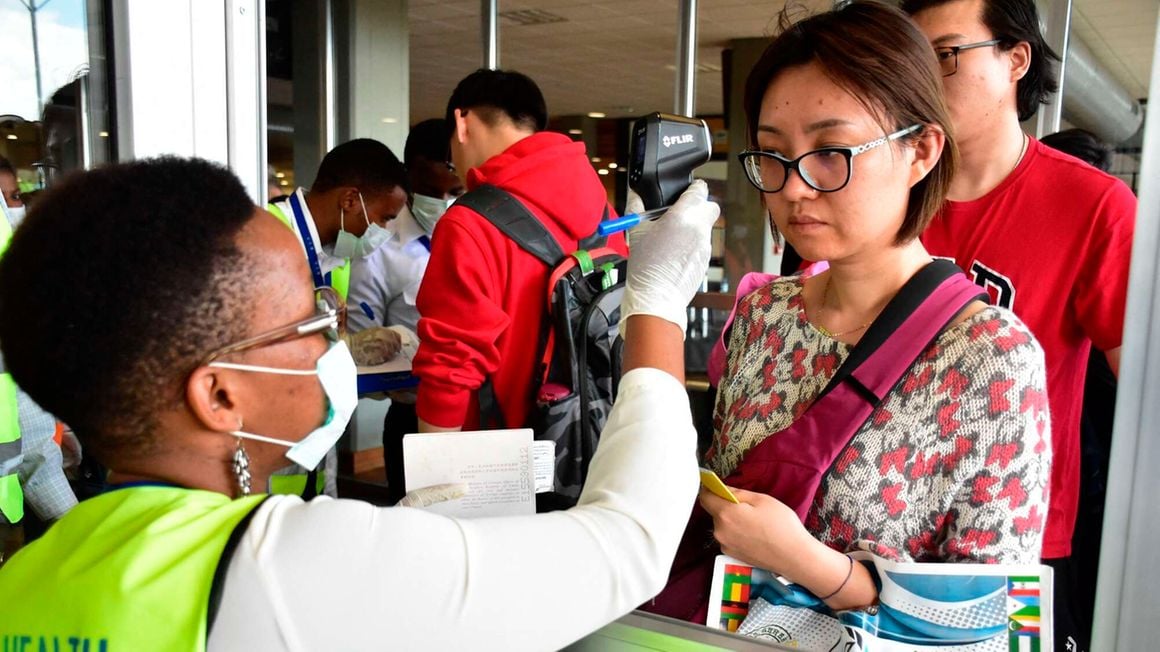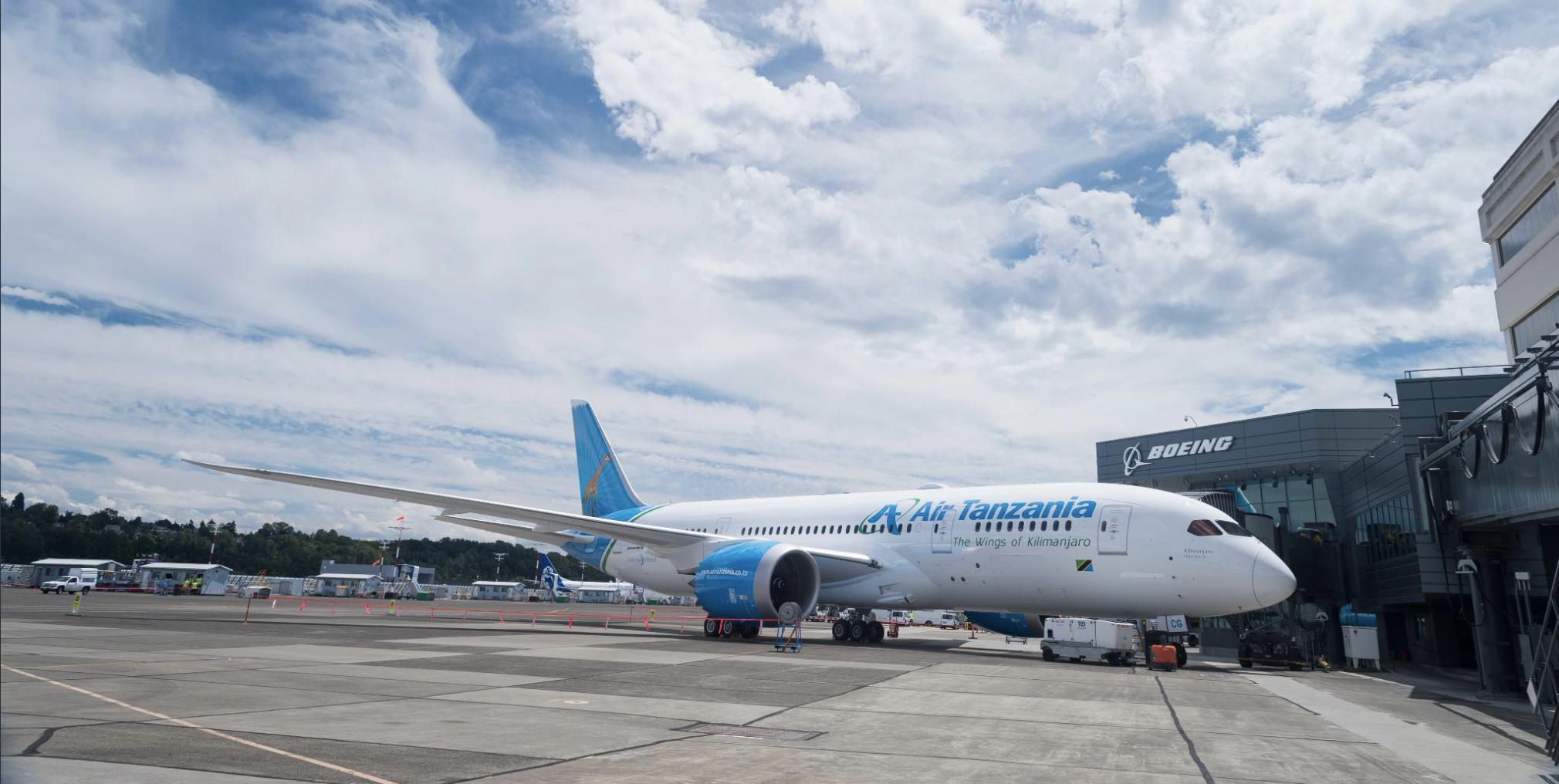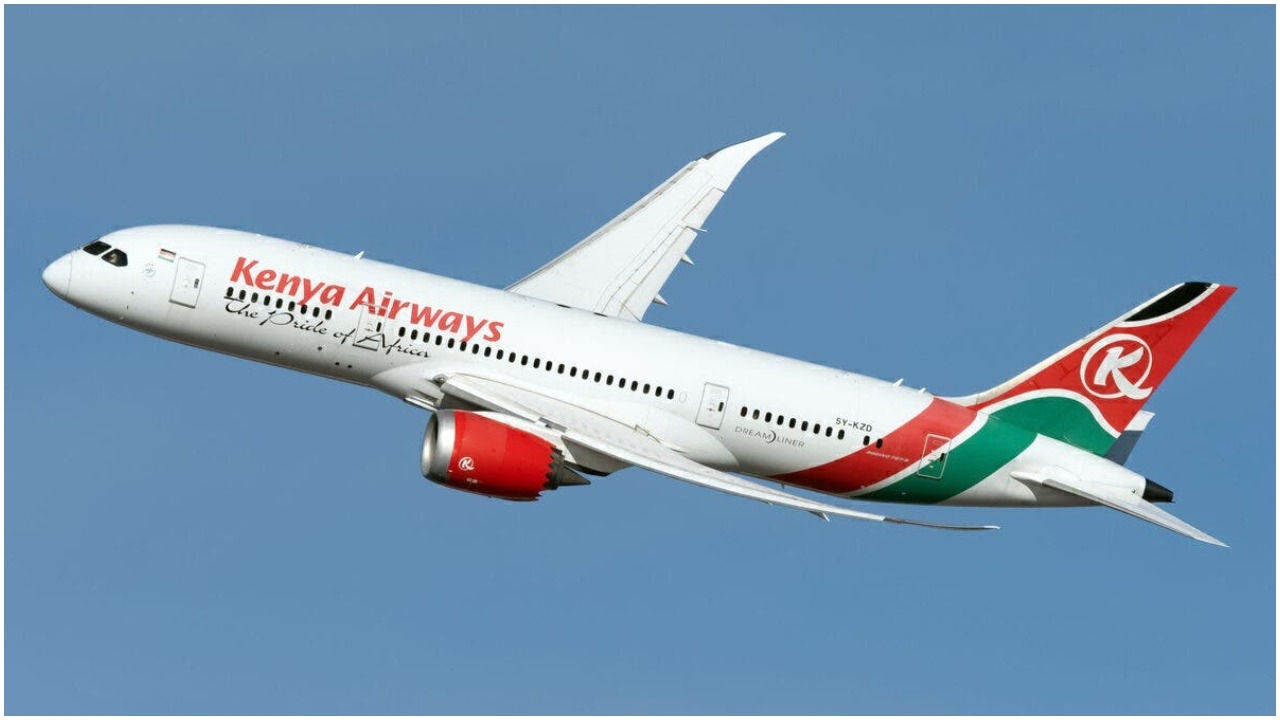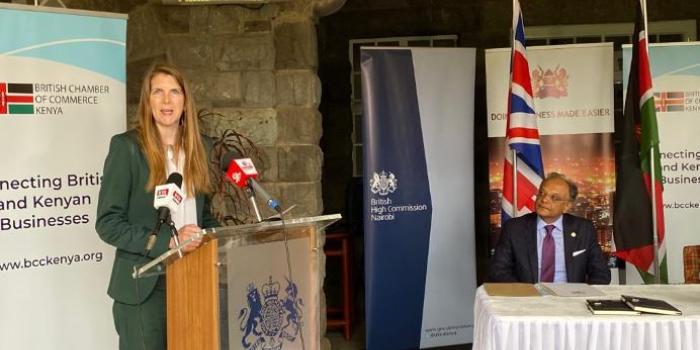It aims to allow international medical tourists to book procedures and access a wide range of tourism services within a few hours
The Dubai Health Authority (DHA) launched ‘Dubai in One day’, an innovative medical tourism package targeting international patients.
The DHA’s latest health initiative launched at the Arab Health 2023 aims to allow international medical tourists to book procedures and access a wide range of tourism services within a few hours.
Mohamed Al Mheiri, DHA’s Director of Health Tourism Department, said: “We are participating to showcase our latest initiative, ‘Dubai in one day’ that promotes preventive health screenings that could be available in one day between two to six hours. The demographics of the people that we are trying to reach are from our neighbouring countries, aged between 25 and 50 years.”
He explained that the prices were selected based on other competing destinations. “The idea is to draw home the fact that Dubai has similar services. We also have additional clinics, hospitals that provide one day services, whether it’s rented services, commodity services, everything that could be done in Dubai in one day. This will bolster the tourism ecosystem and develop the tourism industry.”
Elucidating on the entailing costs for medical tourists Al Mheiri explained: “It is Dh800 for regular checkup, the executive price is Dh1,400, for the comprehensive checkup it’s Dh4,900 for males and Dh3,300 for females.”
It can be booked on the DHA website which will redirect a patient to the healthcare facility that provides the service, in addition to the one-day service. “Whenever we say healthcare providers, the privacy part is quite crucial. That’s the reason for redirecting patients to the healthcare facilities,” he added.
New edition of the Dubai Investment Guide by DHA
The DHA also unveiled the new edition of the Dubai Investment guide which gives a sneak peek of a wide range of areas where the DHA will continue to expand and develop the health sector, with key focus areas of investment until 2025 and beyond.
The DHA’s Health Investment arm highlighted the details during the launch of the guide, which is a ready reckoner for investors to understand healthcare investment opportunities across various specialties that are needed at present and in the future.
It provides an overview of Dubai’s health sector, areas of demand, key drivers and how to invest in Dubai.
Awadh Seghayer Al Ketbi, Director-General of the DHA, said: “We will continue to expand and develop the health sector with an aim of creating a dynamic, investment-friendly sector that provides both residents and medical tourists with easy access to the highest quality of patient-centred care across a wide range of medical specialties.
Al Ketbi added: “The aim of DHA’s dedicated health investment arm is to evaluate investment opportunities, ensure high-quality healthcare investment, provide investors with support and guidance so that they can invest in areas of need and future demand. This benefits investors and ensures the health sector provides community members and medical tourists with high-quality care across multiple specialties.”
Source: Khaleej Times










